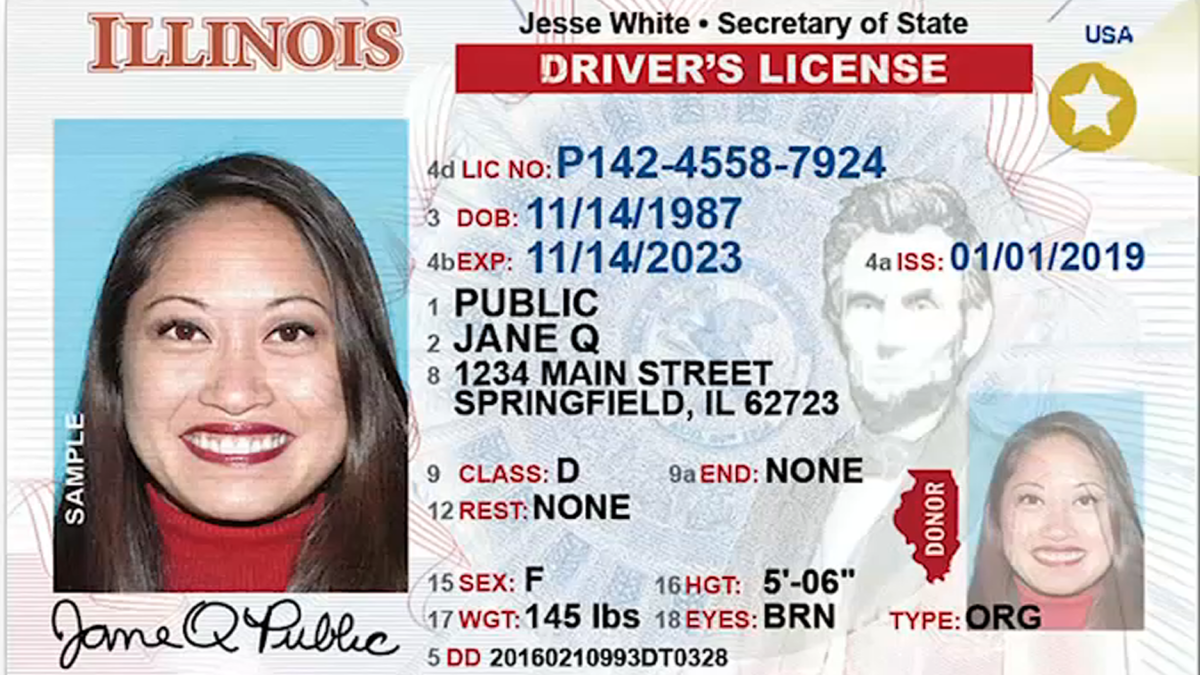After months of debate, the Chicago City Council approved a series of regulations for house-sharing services like Airbnb on Wednesday.
Airbnb waged a strong campaign to fight against new regulations, organizing renters and buying ads to sway opinion. Despite their initial opposition, the company praised the ordinance Wednesday.
"We’re excited to see Chicago join the ranks of leading global cities that have worked to protect the right of everyday people to share their homes to make some extra money," Airbnb Senior Advisor and Midwest Director of Policy Will Burns said in a statement. "As home-sharing grows and flourishes in Chicago, we look forward to continuing our partnership with city leaders, the neighborhood business and community organizations to generate economic activity in neighborhoods, protect quality of life and support the thousands of regular Chicagoans who depend of home-sharing to make ends meet."
During a news conference Wednesday, Emanuel commended City Council for doing "something completely different," calling house-sharing an "emerging industry."
"While other cities struggle to regulate the new sharing economy, Chicago worked with stakeholders to create a consensus around how to reasonably regulate these emerging industries in a way that protects consumers and neighborhoods," Emanuel added in a release.
Under the plan, individual voting precincts can ban house-sharing through petition, according to the Chicago Tribune. A complete petition requires signatures from 25 percent of voters in a given area. Residents who oppose such a move can also get signatures to overturn the original petition.
Buildings of five units can only list one unit at a time. Larger buildings will be able to rent six units at a time or 25 percent of the building, whichever is less.
Local
Additionally, renters will also be required to pay a $60 charge for each address listed on Airbnb, which will be used to enforce the new rules.
The company will also be required to pay the city $10,000 annually for a license to operate.
Mayor Emanuel’s 4 percent surcharge on each rental to fund services for the city’s homeless is also included in the ordinance.
Airbnb thanked Emanuel and Chicago aldermen for creating the program.
"We are particularly excited that, under the leadership of the mayor and aldermen, the tax revenue generated from our community will go to helping to fund the city’s homelessness program - and we believe that using the tax dollars for important needs like homelessness is a model for other cities to consider," Burns said.



